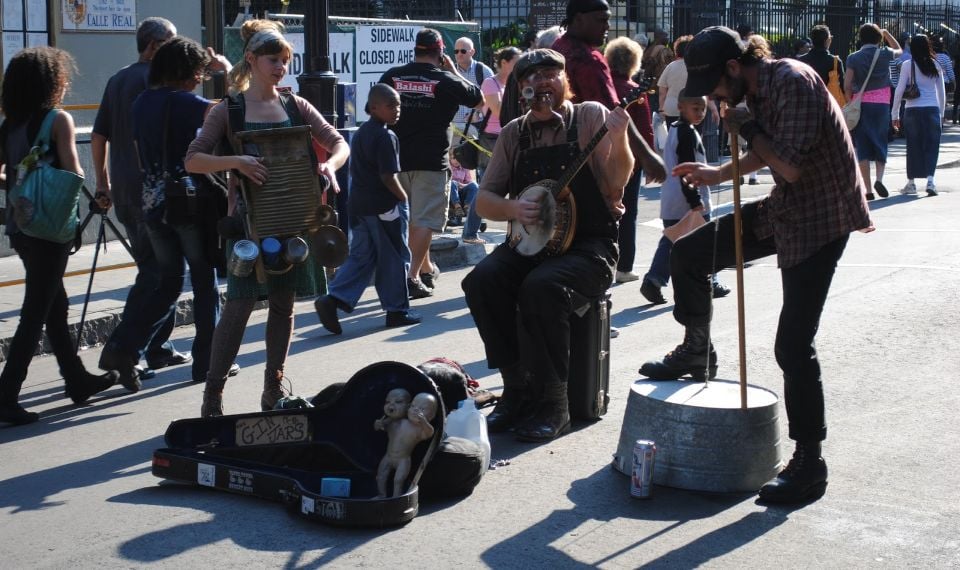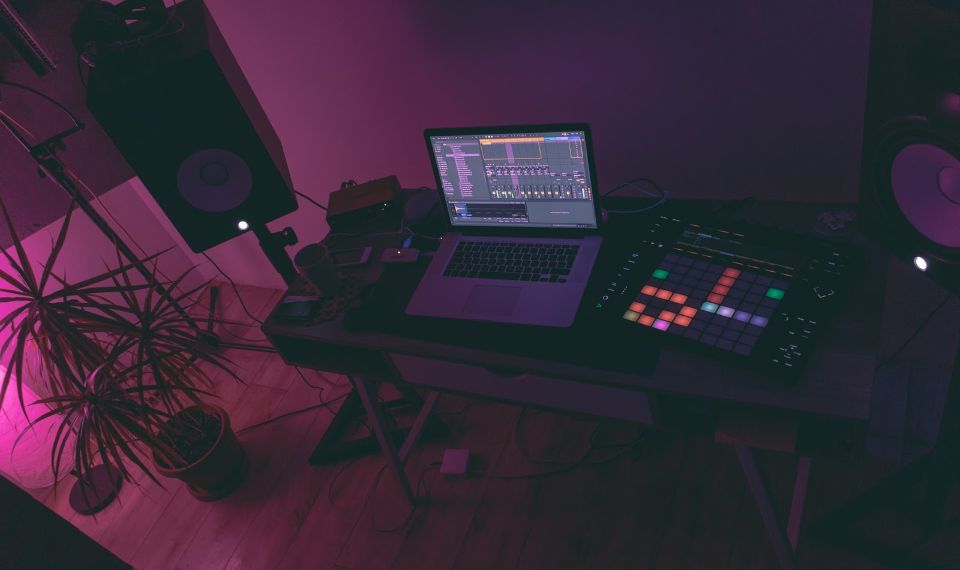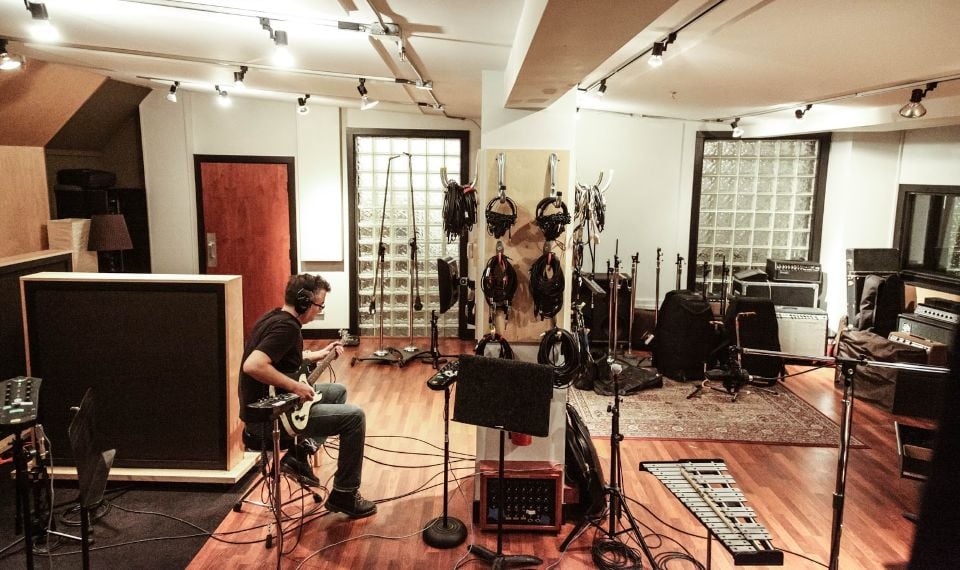2020 has been a challenge. When global pandemic hit the world, lots of people started feeling anxious and insecure. And we totally get it.
But what about having a positive mindset and looking at the pandemic as a path to new opportunities? We bet some of you have thought about quitting your jobs or finding a new hobby for months, if not years. And we believe that today is one of the best days to start changing your life.
How many of you have considered becoming musicians but given up on the idea? Perhaps, you just did not know how to start. And lucky you - today, we want to share with you a guide that will help you build your studio and record your music! Still thinking it is impossible? Then stay tuned.
Why set up a studio at all?

Frankly speaking, making music at home has been available for everyone for some time already. It is just not everyone who knows about opportunities.
Big music labels are great, and signing a contract with them can be a goal for many novice musicians. But they are definitely not the only option you have. With the growing influence of the Internet, you can become whoever you want and share your success with many people, not needing any intermediaries. Lo-fi music is booming on YouTube, lots of musicians share their pieces on SoundCloud. You can also earn good money from your home studio - if people working with TakeTones and other similar sites managed to succeed, why can not you?
As we have given you a motivation boost, let's now move to everything you need to know when setting up your home studio!
What do you need to start making music?

If you decided to try yourself in making music, you have chosen a challenging yet wonderful path. And to set up your own music studio at home, you only need those things:
-
● Computer
-
● Audio interface
-
● Software
-
● Musical instruments
-
● Microphone
-
● Speakers
-
● Your enthusiasm!
Yes, that is all. You probably already have a computer, an instrument, and your desire to record music, so it means that the main things you need to worry about are the audio interface and software. But let's talk about everything step by step.
A computer is essential nowadays even if you do not record music, right? It goes without saying that you will need it to work on your audio pieces, edit them, etc. It does not really matter whether you have a PC or a Mac because both will work great. However, you do want your computer to match some extra requirements, such as using a 64-bit OS, having enough RAM and hard drive space, and a fast processor. The music you will be creating takes gigabits of drive space, so you need to be ready for it.
In terms of software, it is generally up to your taste. Experts have different opinions on software for music recording, but the most common and famous are Pro Tools, Reaper, and Cubase. Some may over- or underestimate the features of each one, but, from our experience, all of them give you a similar quality.
You probably have already decided which type of music you want to record and which instruments you need for this. There is no general advice on how to choose a musical instrument as the requirements will not be the same for drums and keyboards. However, you need to know that for those who plan to record any sounds, a proper microphone is crucial. Choose a transparent, low-noise device. The exact requirements strongly depend on the type of music you are going to record, so we recommend you devote some of your time to proper research. Mics will differ in lots of features, including design, diaphragm size, polar pattern, and so on.
Speakers are another important aspect to consider. Obviously, you want to hear what you have recorded. You can get monitor speakers, which are studio speakers that are designed to have as flat frequency response as possible. It will help you to get an understanding of what is going on with your sound. You will want near-field monitors and powered monitors, as in this case, you will not need to worry about the amplifier.
If you thought that choosing a microphone was tricky, you need to know that choosing an audio interface is not really easier. They vary in the connection type, drivers sets, the number of inputs and outputs, etc. To figure out which audio interface you need, think of your objectives and budget. How many inputs do you need? How much are you ready to spend? Special shops will offer you a variety of options but consider the most important requirements beforehand. For example, it is better to choose a 24-bit interface, but the sample rate is a characteristic you can be less worried about.
You can buy the gear for music recording online or in stores that sell music gear. It may be better, if you have an opportunity, to visit an offline shop - just in case you have any questions, it may be easier to ask the staff in person.
If you do not know how to connect all the stuff mentioned above, here is a simple rule: make sure your interface is off, then connect inputs and outputs. When turning everything on, start with powering up your interface, then monitor speakers. But, when you are powering everything down, make sure you turn off your speakers first.
Final word
So, in this article, we shared with you the most basic things you need to start creating music! It will definitely take some time to learn about the gear and software, as well as some money to set everything up. However, we wanted to show you that starting making music at home is possible.
Also, remember that there are communities of musicians on the Internet. Many of them used to be novices, just like you, so they can share the experience with you. Have a good luck!






